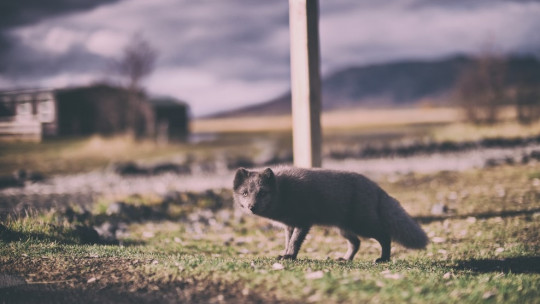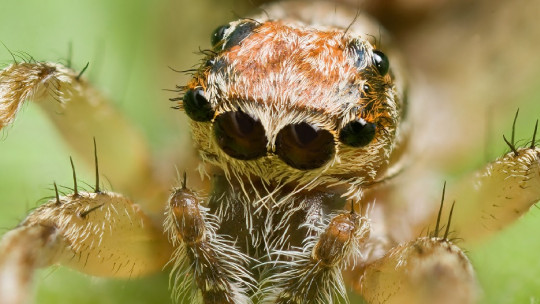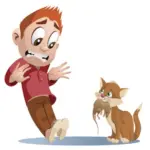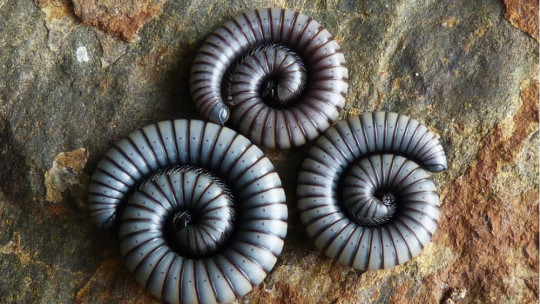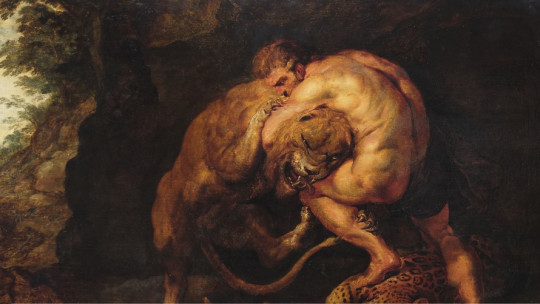
Fear in animals is a mechanism designed to protect us from predators, preparing them to fight or flee. But overreacting out of fear, that is, paralyzing or losing control, is a mechanism that benefits the predator.
In humans things are not especially different. When we feel threatened by some danger, a series of chemical, organic and behavioral reactions are set in motion, which together we call fear.
Is about a response designed to resolve a specific situation and keep us safe. In fact, it is a healthy reaction that in our society has a paradoxical nature. On the one hand, we suffer from very high levels of fear, but on the other, we do not encounter the danger from which we must flee or with which we must fight, which is experienced as a continuous and contradictory experience of anxiety.
The problem of overreacting and giving in to fear and anxiety
The chronicification of anxiety and fear of fear, as a result of trying to avoid it at all costs, makes us increasingly prone to overreact.. To suffer the dramatic experience of panic, which consists of a series of thoughts and chemical reactions that affect the organs that imply a disorganization of behavior, incompatible with self-protection, which leaves the subject at the mercy of his enemy, carrying out a series of useless actions to defend oneself.
Panic from a psychological point of view means the body’s surrender and the experience of impotence to carry out any action of protection or attack.
The reasons why a person overreacts with panic to a situation are multiple.. From the true nature of the danger, which is effectively immense and unapproachable, to the erroneous self-perception of fragility or one’s ability to defend oneself.
Panic and chronic anxiety are usually associated with useless ritual behaviors, such as compulsion or magical thinking, delusions and hallucinations, disorganizing behavior and the person as a social being.
But panic is, at the same time, a good Trojan horse for any virus and therefore, something that makes us more vulnerable to COVID-19 and many other viruses that we normally carry, such as herpes, for example. And also many others that others can transmit to us, even though we barely notice them all now.
Taming fear and avoiding panic is a herculean task. It cannot be resolved with advice or a sleight of hand, it resides in that area of the brain called the amygdala, which is in charge of the person’s emotional life and is inseparable from it. At most, what each person could try to incorporate into their daily lives to improve their ability to self-care would be:
We must remember that in the animal world, inducing panic is, in many cases, the main strategy of a hunter seeking to minimize his effort and risks.

